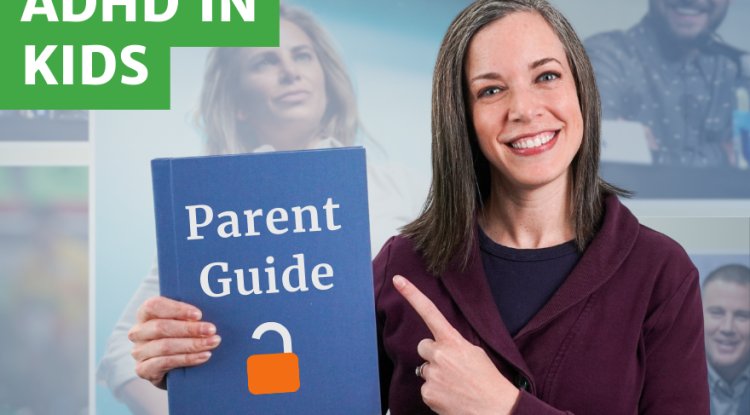Congenital Heart Disease and Autism: Is There a Connection?
Over the last few decades, medical care has made incredible progress. Children born with congenital heart disease (CHD) — a condition that affects how the heart develops before birth — are now surviving and thriving in ways that weren’t possible before. Many of these kids are expected to live long, healthy lives, right alongside their peers.

More Than a Heart Condition
It’s quite common for people with CHD to experience neurodevelopmental difficulties. These can look different for each child trouble focusing in class, difficulty with learning, or struggles with organization and planning (what doctors call “executive function” skills). In some cases, children may even have lower-than-average IQs.
And now, researchers are finding that autism spectrum disorder (ASD) may also be linked to CHD.
What the Research Says
A large study published in Pediatrics revealed that children born with CHD are about 33% more likely to be diagnosed with autism than those without CHD. What’s more, this connection held true even when researchers considered other known autism risk factors, like prematurity, genetic conditions, or complications at birth.
Interestingly, the study found that the highest risk wasn’t always in children with the most severe heart conditions.Some of the strongest correlations were seen in children with less severe forms of congenital heart disease, such as ventricular or atrial septal abnormalities. However, compared to the general population, children with more complex CHD were also at a higher risk.
Some important concerns are brought up by these findings: Why is there a connection between autism and CHD? What makes certain kids appear more susceptible than others? Above all, what can physicians and families do to support them?
Why Could There Be a Link Between Autism and CHD?
)
The strong relationship between brain and heart development has long been recognized by scientists. According to some researchers, both may be impacted by common hereditary causes. In other words, autism may be influenced by the same genetic abnormalities that lead to heart issues.
Furthermore, children with severe congenital heart disease may encounter extra difficulties in their early years. The brain's development can be impacted by minor brain tissue damage, changes in blood supply to the brain, and surgery performed during infancy. For instance, learning, conduct, and social skills can all be impacted by injury to the white matter of the brain, which serves as the "information highways" connecting various brain regions.
Even if they may not meet the criteria for an autism diagnosis, many children with congenital heart disease (CHD) have social issues. They may have a harder time reading facial expressions, understanding other people's perspectives (sometimes called "theory of mind"), or adjusting to frequent changes. Executive function issues like rigid thinking or difficulty transitioning between activities sometimes coexist with these difficulties.The Significance of Early Screening
The good news is that early detection can have a significant impact. The American Heart Association and the American Academy of Pediatrics recommend routine developmental checkups for children with CHD starting as early as 18 months and continuing at important stages, like when they begin school or reach adolescence.
These screenings can be done through specialized heart–brain programs (such as the Cardiac Neurodevelopmental Program at Boston Children’s Hospital) or by local pediatric psychologists, neurologists, or developmental specialists.
Encouragement of Children's Achievement

If developmental delays or autism traits are identified, the next step is to set up the right support. ABA, or applied behavior analysis, is a type of intervention that tries to reduce troublesome behaviors and enhance social communication.
Speech and language therapy: to enhance communication skills
Occupational therapy: to improve self-sufficiency and flexibility
Parent-child interaction programs: to strengthen family bonds and reduce stress at home
Support should always be tailored to each child's individual needs and strengths because they are all different. Whether or not they also have autism, children with congenital heart disease (CHD) can nevertheless develop, learn, and flourish with the correct support.
The Takeaway
Although research on the connection between autism and congenital heart disease is ongoing, one thing is clear: parents and healthcare providers need to be alert for early signs of social or developmental challenges.
What's Your Reaction?




















